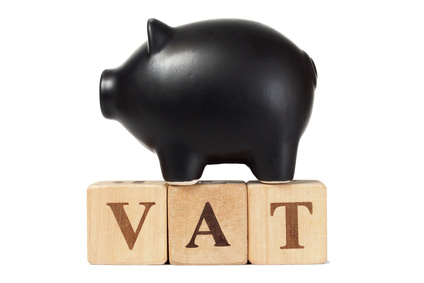The VAT registration threshold will remain at £85,000 for the next two years until April 2020. Businesses with sales of £85,000 in a 12 month period must become VAT registered unless their sales are exempt from VAT.
But if you are VAT registered and your income falls below the VAT deregistration threshold of £83,000 you can voluntarily deregister for VAT. When you request voluntary deregistration HMRC may ask you to explain why you think your turnover will fall below the deregistration limit. You may also be asked what you expect your turnover to be over the next 12 months. You can only deregister if you think your turnover will below the threshold for the next 12 months.
Businesses often don't want to be VAT registered because they think it is complicated to do VAT returns and therefore keep their business small and below the registration threshold. So what are the advantages and disadvantages of deregistering for VAT?
Advantages of deregistering for VAT
- Maintaining your VAT inclusive prices as long as it doesn't take you over the threshold again and as long as your customer is happy to continue paying the same price
- You may get more customers because you charge less than a business which is VAT registered
- No more deadlines for submitting VAT returns
- No reason to keep your accounts up to date quarterly
- You no longer have to obtain VAT receipts
Disadvantages of deregistering for VAT
- Unable to claim back VAT on any purchases
- No reason to keep your accounts organised and up to date so you will leave it until it is absolutely necessary to do it
- Monitoring your income on a monthly basis for the previous 12 months to ensure you do not go over the VAT registration threshold
- Your business may not be able to gain work from larger businesses because they think you are too small
Whether you are VAT registered or not every business must keep accurate and easily accessible accounting records. Whether you choose to keep these up to date weekly, monthly, quarterly or annually it is a requirement of being in business.
 Being VAT registered is not always in the best interests of a business and therefore it is important that you consider your business and your circumstances.
Being VAT registered is not always in the best interests of a business and therefore it is important that you consider your business and your circumstances.
For example a business with a very low turnover and only a few purchases from mostly non VAT registered businesses would not need to be VAT registered and there would be little advantage in being registered.
However a business with very low turnover but more expensive purchases, perhaps during the set up stage, may feel it is beneficial to voluntarily register in order to claim back VAT on their purchases to aid cash flow.
A business whose turnover has dropped below the threshold should decide whether the VAT they can claim on their purchases warrants them remaining VAT registered.
For more information on VAT deregistration visit HMRC website.
